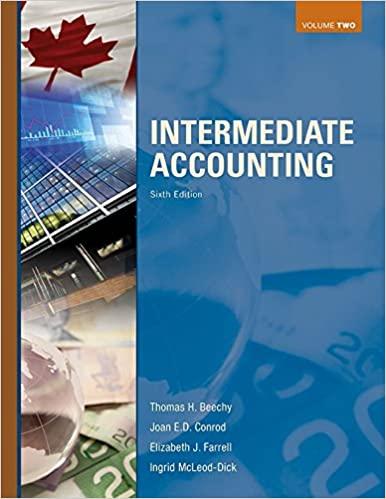Question
Concerning Income Taxes and Accounting, we are able to notice some comparisons amongst the two, specifically involving the Capital Cost Allowance system. Some similarities between
Concerning Income Taxes and Accounting, we are able to notice some comparisons amongst the two, specifically involving the Capital Cost Allowance system.
Some similarities between the two: In accounting, tangible business assets depreciate which is tracked as an expense, this can include property, equipment, etc. CCA is also similar because it pertains to business-related properties and individuals can claim CCA as a deduction. Depreciation Expense is a term comparable to Capital Cost Allowance (CCA). The Undepreciated Capital Cost (UCC) is the balance of the capital cost left over, which in accounting terms may be known as the Carrying Value. Acquisition and Capital Cost include not only the purchasing price, but expenses included in acquiring the property.
Some differences between the two: When recording depreciation in accounting, one common method is the Straight-Line Depreciation method which follows the formula of (Cost of Asset - Salvage Value) / Useful life. Regarding taxation, CCA is determined by rates set by the CRA, depending on the different classes of assets. With income tax, UCC is only deducted by CCA claimed in previous years, and current year claims doesn't affect UCC until beginning of the next tax year. With accounting, the carrying value is the acquisition cost less depreciation or amortization expenses for the year.
Please add three more difference not listed above?
Step by Step Solution
There are 3 Steps involved in it
Step: 1

Get Instant Access to Expert-Tailored Solutions
See step-by-step solutions with expert insights and AI powered tools for academic success
Step: 2

Step: 3

Ace Your Homework with AI
Get the answers you need in no time with our AI-driven, step-by-step assistance
Get Started


